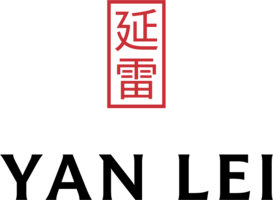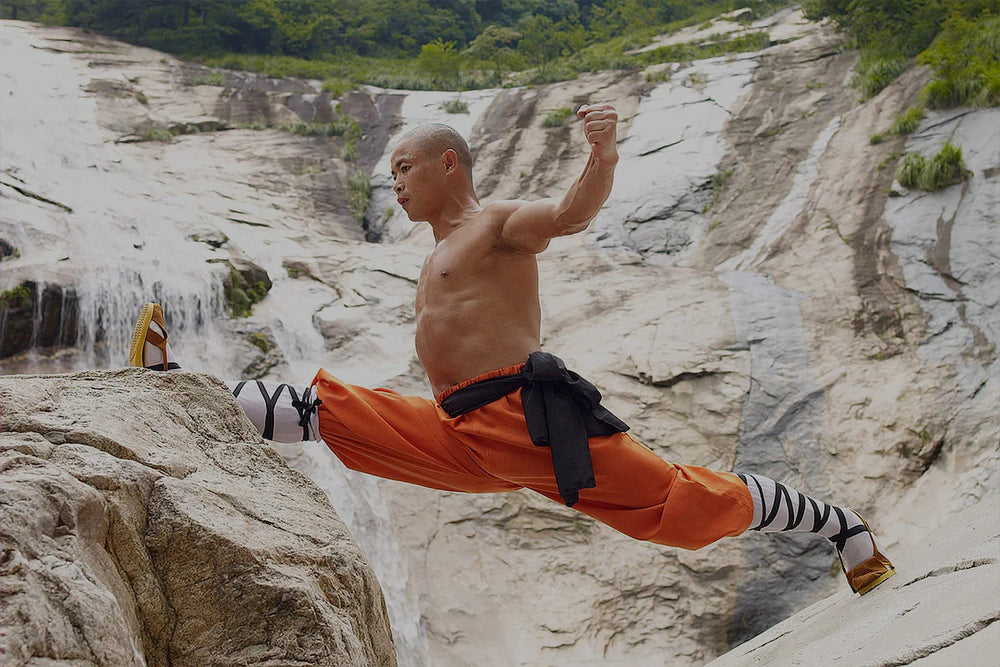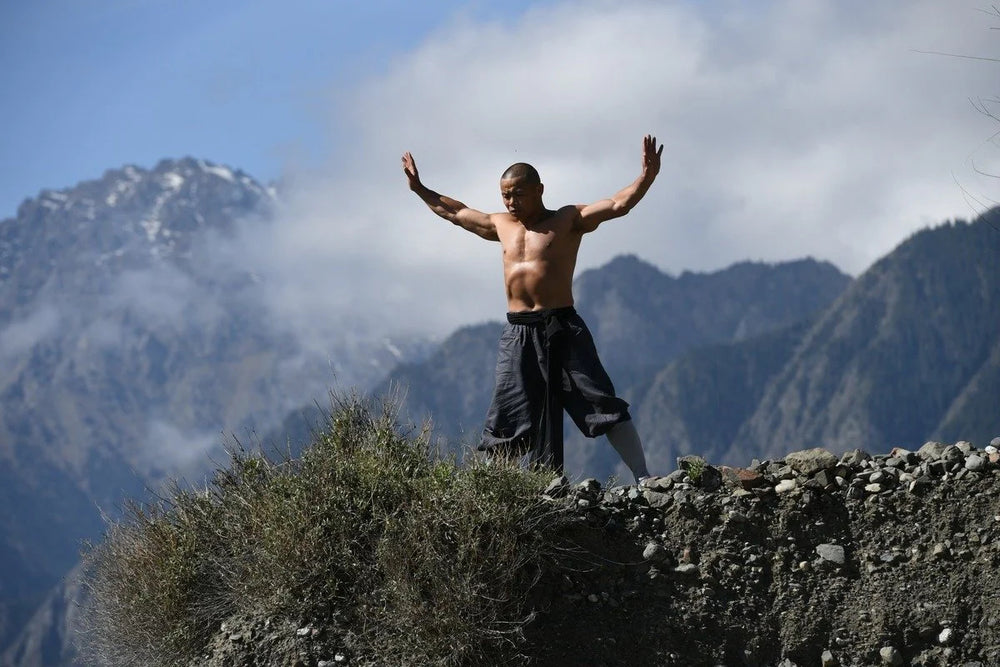
The Buddha said the one thing we all seek is happiness. And my martial art's practice is one of my greatest sources of happiness. The ancient movements of Qigong and Kung Fu that were practiced by monks and nuns thousands of years ago on the mountains of China, give me a feeling of calm and happiness. And I can see that my students feel the same way so I have been interested to read some research that may help us understand why we feel so happy when we practice.
Aerobic exercise triggers brain growth
Recent research by Cambridge University scientists have shown that aerobic exercise stimulates the growth of new brain cells and improves the memory and ability to learn. The study was conducted on two groups of mice, one which had unlimited access to a running machine and the other which did not. The mice were put through a series of memory tests, and the mice that had been running were almost twice as successful as the sedentary mice, which got steadily worse as the tests progressed. Researchers are not yet clear on exactly why exercise triggers the growth of brain cells, but speculate it may be because exercise increases blood flow, or because it elevates certain hormone levels. Exercise has long been known to reduce stress and help with alleviating depressions and this may be because it reduces the level of the hormone cortisol.
Martial Art’s gives us greater aerobic ability
Research by the British Journal of Sport’s Science shows that people in their forties and fifties who regularly practice martial arts have greater aerobic ability, balance, flexibility, muscle endurance, strength and less body fat than the sedentary controls matched for age and sex.
Meditation has a positive effect on mental health
On-going research on the brain demonstrates that it can learn, adapt and re-sculpture itself on the basis of experience and training. Just as London cab drivers' grey matter enlarges and adapts to help them store a detailed mental map of the city, a meditator's brains change and adapt. Scientists are starting to become aware of what Shaolin Monks have known for centuries – meditation has a positive effect on mental health. Several neuroscientists in the US have stated that meditation increases brain activity in the areas of the brain controlling emotion, happiness and enthusiasm. Meditation can help us to feel calmer and happier and more understanding of other people.

Martial Arts Is Not Just For Martial Artists
Meditation used to be only practiced by those engaged on a strict religious path, yoga used to be practiced only by Indian Yogis but today, people from all walks of life practice, and more and more people will take up the practice of martial arts. Shaolin martial arts combines aerobic exercise with Qigong and meditation in one fully combined unit, targeting the mind as well as the body. It not only gives us an aerobic workout but it also helps us to relax, focus and maintain balance.
Yin and Yang Training
The Shaolin Temple have always emphasized the importance of Yang training (aerobic) which Yin training (Qigong). If a person only does one then they will not gain full benefit of the health they can achieve. Yin and Yang are like the two wings of a bird; we need both so we can fly.
Qigong not only increases the potency of our martial arts or aerobic activity, it also lengthens our martial art’s life. Of course, an older person doesn't need to train as hard as a young person but they still need to train. It’s down to the crucial percentage factor. How much Yin training and how much Yang training. And I explain this in more detail in my book Instant Health: The Shaolin Qigong Workout For Longevity.
So if you ever feel you don't have enough time to exercise, remind yourself that taking time out for your workout gives you more time.
The best time to start training? NOW!




